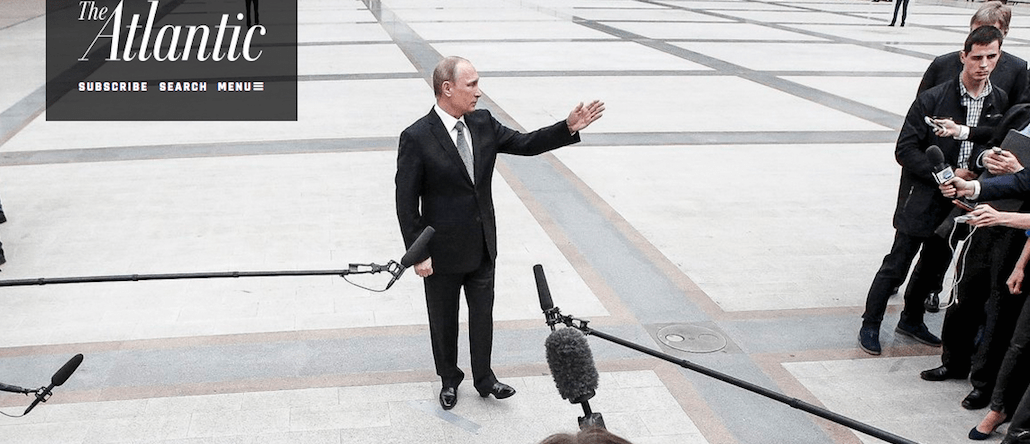
To create the right content for brands, The Atlantic is increasingly crossing oceans.
“Advertisers want to tell global stories, and we’re no longer restricted in where we go to find those stories any more,” said Mike Monroe, who heads up The Atlantic’s in-house content marketing division, Atlantic Re:think.
At the end of April, it launched “Nepal, One Year Later,” branded content paid for by Cathay Pacific. The campaign revisited Nepal a year after its devastating earthquake and followed the work of not-for-profit U.S. organization Possible in rebuilding the region’s health care services. The piece, which takes readers to its own web page, is a mix of video, charts and text, created by four Atlantic staffers who traveled to Nepal to report.
The campaign is still running, but Monroe said the performance has exceeded internal native content benchmarks, and dwell time is close to six minutes. The Atlantic offers a number of native solutions, and its investments here have the publisher forecasting that branded content revenues will account for 75 percent of its digital ad revenue this year.

Monroe is in the U.K. shooting an ad campaign for a British car manufacturer, contracting with a team of 30 local people for video and in-depth reporting. He makes the point that the campaigns are about international regions, by international people and for an international audience. The Atlantic’s international expansion is gaining momentum: By next year, a U.K.-based global business team will be in place, including staff in marketing, sales and ad operations.
It may feel a little overdue. The 160-year-old media company claims that 30 percent of its readership is from outside of the U.S. In the U.K., its monthly uniques have grown by 26 percent in the past 12 months to 1 million readers, according to comScore.
“Many know us for having that worldview that’s seen through an American lens,” he said. “In America, as well as in the U.K., we’re questioning some long-held beliefs about the government and topics like immigration. These beliefs are universal, and we know the impacts of our governments will be felt everywhere. The editors are starting to feel that, and native content is tied to editorial.”
The Atlantic is launching up to six branded ad campaigns a month, so keeping up the quality is the challenge. “Scale is your best friend and your worst enemy. We constantly need to do better than what we have done before. This means we’re being very particular about who we hire.”
Increasingly, video is the lead topic in every conversation with clients, according to Monroe, so this means creating new video roles within Re:think, which now has 32 employees, up 25 percent from last year.
As more publishers add their own content-marketing divisions, the challenge for the Atlantic’s Re:think is competing with home-grown titles like The Times or The Guardian, said Dan Chapman, head of digital at Mediacom.
“There’s always a need for scale against the target audience,” he said, “and The Atlantic’s content is not super niche, but it could offer that third-eye perspective.”
Research from Yahoo and Enders Analysis in February this year forecasts that native advertising spending in the U.K. will grow to £2.8 billion ($4.16 billion) by 2020, up from £1.2 billion ($1.78 billion) in 2015.
However, Chapman added that for native to continue to thrive, campaign strategy needs to be defined earlier in the process. “The narrative of the communication needs to be defined at the top rather than by the executional planners. Who is accountable for the content creation and the quality assurance are still parameters that need to be defined.”
Images courtesy of The Atlantic.
More in Media

In Graphic Detail: The scale of the challenge facing publishers, politicians eager to damage Google’s adland dominance
Last year was a blowout ad revenue year for Google, despite challenges from several quarters.

Why Walmart is basically a tech company now
The retail giant joined the Nasdaq exchange, also home to technology companies like Amazon, in December.

The Athletic invests in live blogs, video to insulate sports coverage from AI scraping
As the Super Bowl and Winter Olympics collide, The Athletic is leaning into live blogs and video to keeps fans locked in, and AI bots at bay.





